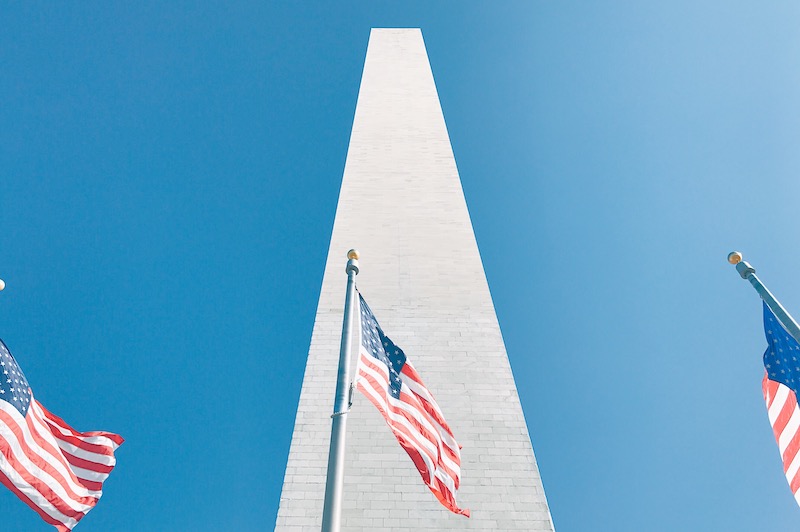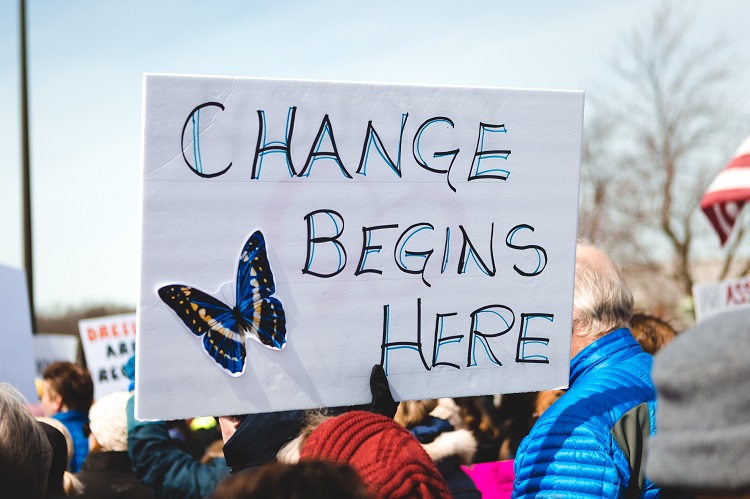If Christian Evangelicalism were a twitter feed, domestic poverty would be a trending topic these days. On this forum alone, Paul Mueller and Isaac Moorehouse have weighed in on the issue.
In light of all of this attention, a careful effort should be made to define domestic poverty.
We in America truly have a skewed perspective of what it means to be poor. As the wealthiest nation in the world, virtually no one in this country lives in the absolute destitute state that characterizes the way of life for millions worldwide. Poverty, such as in the third world and even looming just south in some parts of Mexico, has no foothold in the United States of America of the twenty-first century.
Poverty in terms of statistics
We should first be honest about the quantitative nature of domestic poverty. When the Census Bureau reported there were 35 million people living in poverty in the United States in 2002, the Heritage Foundation released a study responding to that startling statistic.
If poverty means lacking nutritious food, adequate warm housing, and clothing for a family, relatively few of the 35 million people identified as being “in poverty” by the Census Bureau could be characterized as poor. While material hardship does exist in the United States, it is quite restricted in scope and severity. The average “poor” person, as defined by the government, has a living standard far higher than the public imagines… Overall, the typical American defined as poor by the government has a car, air conditioning, a refrigerator, a stove, a clothes washer and dryer, and a microwave. He has two color televisions, cable or satellite TV reception, a VCR or DVD player, and a stereo. He is able to obtain medical care. His home is in good repair and is not overcrowded. By his own report, his family is not hungry and he had sufficient funds in the past year to meet his family’s essential needs.
Heritage has since updated its data in a study released in 2007. In it they show evidence of the relative life of luxury enjoyed by the “impoverished” in America – “a living standard far higher than the public imagines.” As shown in this chart, over 99 percent own a refrigerator, over 97 percent own a color television, and over 91 percent own a phone. And keep in mind that in America of 2011, these percentages have only increased.
Poverty in terms of rights
In the Old and New Testament, the demographics usually mentioned when discussing the poor are the “widows, the fatherless, and the stranger.” These groups did not necessarily have rights to property and they did not have the ability to defend themselves, much less their property, in a court of law. They often did not have the option to enter the job market. While the complexities of ancient Jewish culture are far more intricate than to detail here, this sort of disenfranchisement could prevent widows, orphans, and immigrants from finding employment or earning a living.
1 Timothy 5:3-16 describes the difference between a widow who is “really in need,” from those who are not is not a monetary threshold, but the ability of the family and of the widow herself to provide for her. Paul Mueller comments:
While Paul was clearly writing this to the Christian community, I think the two principles expressed here can apply just as well to unbelievers. First, people should not be idle; they should contribute as well as consume. Yet our current welfare systems are almost exclusively about receiving. And his second point, which is an extension of the first, is that people have a clear responsibility to take care of and provide for their own families. Yet those reliant on government benefits cannot do this.
As in the New Testament precedent and throughout history, the denial of these rights has defined a truly poor standard of living. Today in third world countries, totalitarianism in various, insidious forms is preventing people from entering the work force.
In America, arguably the poorest demographic is the population of homeless individuals, estimated by the U.S. Department of Housing and Urban Development to be 664,000 at any given point in time in 2008. Even these, however, have a standard of living greater than most around the world. Most significantly, even the homeless have recognized rights. Even the homeless in America have recognized legal standing in a court of law.
When discussing domestic poverty, we should be clear that most people considered by our federal government as poor, really are not what we envision as impoverished. And we should keep in mind that when reading what Paul said about the poor, that ability and opportunity eliminate the destitute nature of poverty.
Philanthropy ending poverty
It is not by chance or fortune that America doesn’t suffer from the blight of severe poverty, but through the concerted effort of those among us with heart for the poor. As AEI President Arthur Brooks points out in his thought-provoking book, “Who Really Cares?” America is the most philanthropic nation in the world. Facilitating this philanthropy are thousands of private assistance programs which help the homeless and low-income to find everything from a warm place to sleep, a warm meal, and clothes, to job-training and job-finding assistance.
For example, a private, interfaith organization that I had the opportunity to work with on a number of occasions, So Others Might Eat (SOME), serves thousands of homeless and impoverished people in the Washington, D.C., area. Having started by providing meals for the homeless in 1971, SOME now provides clothes, shower facilities, mental health services, general health services, addiction recovery assistance, employment training, housing assistance for individuals and families, elderly housing and elderly services, as well as continuing to serve healthy meals several times a day, every day of the year for homeless and low income people. SOME is funded by private donations and all of these services are provided for no or very little cost to the people seeking assistance.
I would encourage anyone looking to help the poor to find an organization like SOME and get involved. It is the history of individuals making a difference that has benefited the poor for so long. And it is the continued efforts of concerned citizens that will keep improving livings and virtually eliminate poverty in America.




